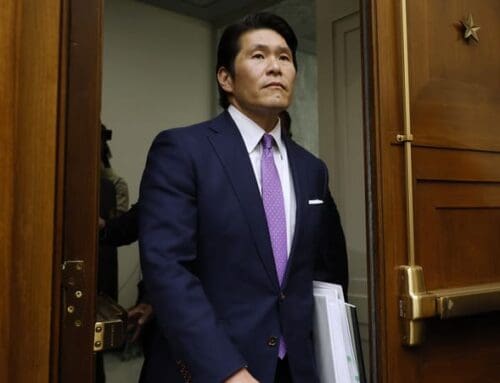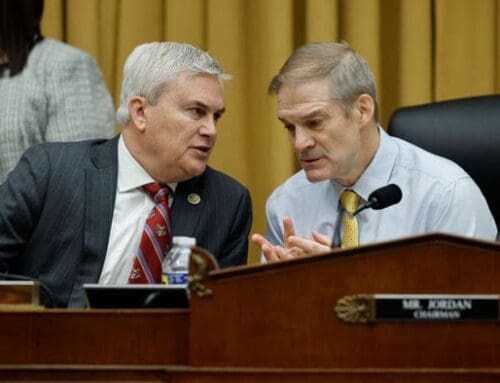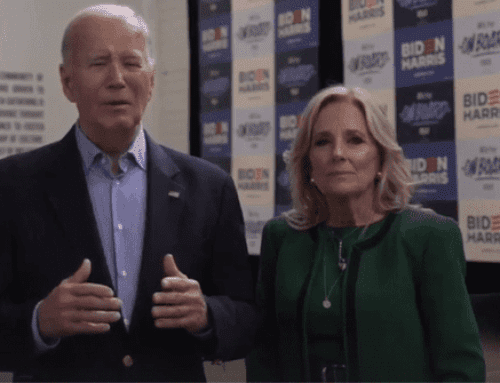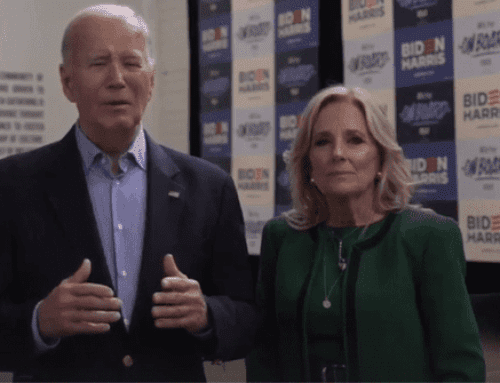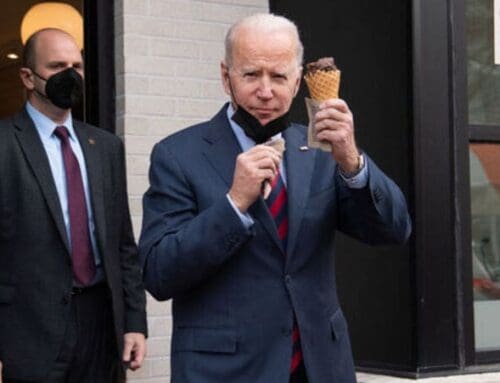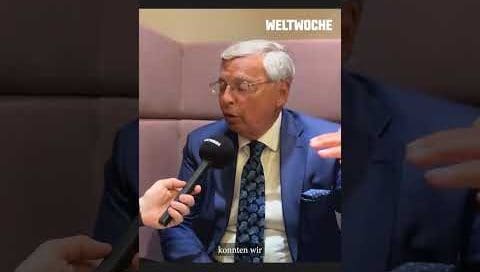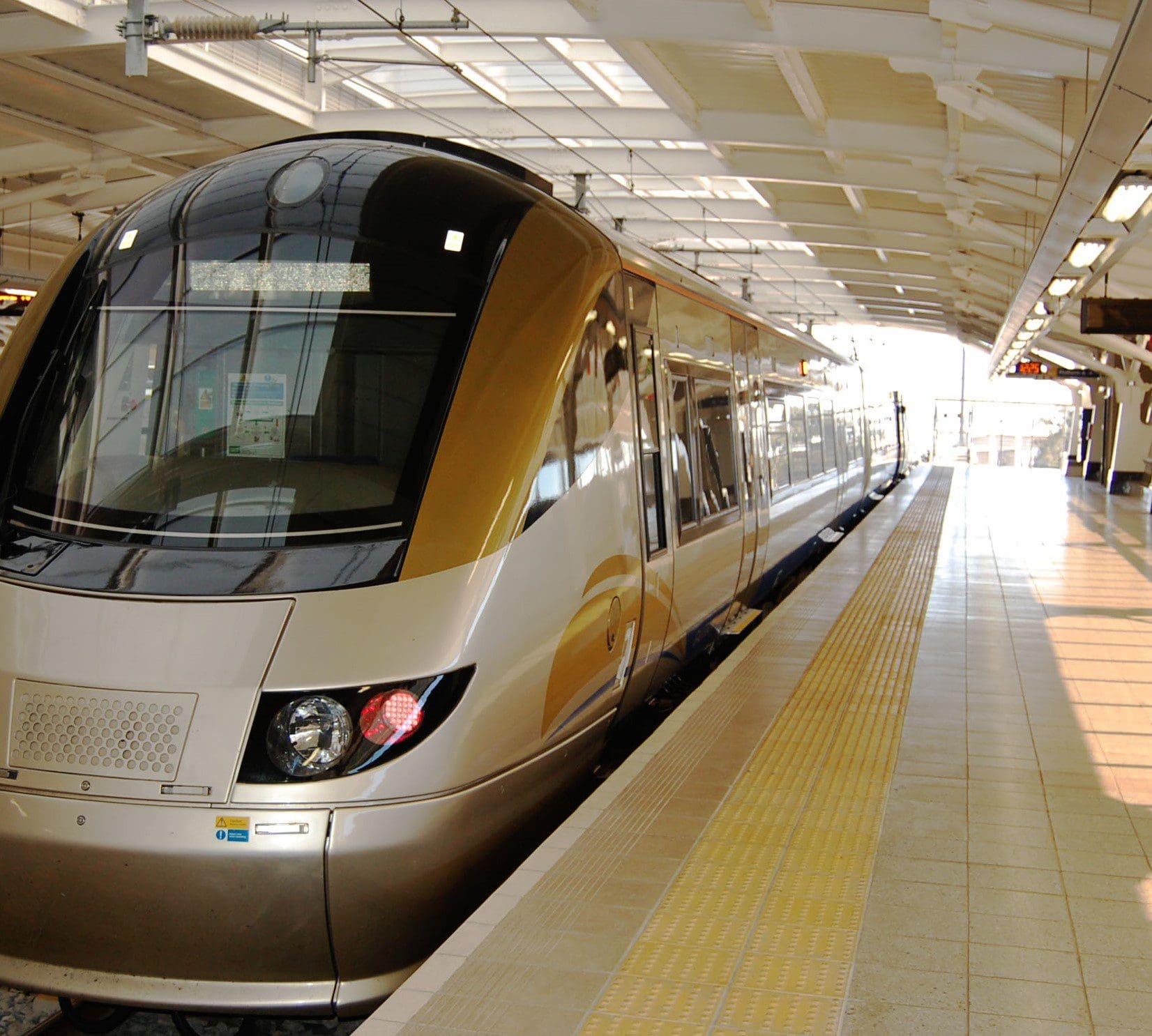

Gautrain – a great success, a dismal failure
Gautrain is a great success and a dismal failure, and a perfect example of the problems of public transport.
In April I wrote a glowing piece in the Daily Friend saying how wonderful I found Gautrain. I don’t retract a word I wrote. In June Ivo Vegter wrote a piece condemning Gautrain as a ‘colossal failure’. I agree with his every word. This paradox illustrates some of the huge problems, economic, social and ethical, in planning and running public transport.
My piece was personal, based on what I had seen and experienced of Gautrain. I live in Cape Town but visit Gauteng frequently; Gautrain has enormously improved my visits. I love travelling on Gautrain and I marvel at it. I did not believe that South Africa could produce a train service as swift, punctual, reliable, comfortable, clean and safe as Gautrain has proved to be. I have visited Japan and travelled on her trains, which are miracles of punctuality, but Gautrain is a match for anything I saw there.
Ivo Vegter describes Gautrain as an economic failure, which has not paid its way. I confessed that I knew nothing about its costs and income, but I am sure Vegter is right, and it is a very serious point. He writes, ‘It always catered largely to the rich, while ignoring the ‘apartheid spatial planning’…’ and ‘Not a single route takes the Gautrain to the working masses, who mostly live in the outlying townships of Johannesburg and Pretoria.’ Perfectly true. He says that it was designed to serve the rich but that the very rich don’t use it. They ‘almost all prefer their luxury imported automobiles’. Also perfectly true.
Sometimes when I’m swishing along in Gautrain, passing congested freeways, I wonder why a very rich man in Sandton, travelling to the airport, would prefer to spend an hour in a traffic jam in his imported BMW rather than 14 minutes on Gautrain. I suppose it is a matter of status. If his rich peers discovered he’d been using public transport, they’d sneer at him. Perhaps Gautrain could offer wigs, dark glasses and false beards to superior people so that they would not be recognised on the train.
I myself have got an ‘imported automobile’ but I shouldn’t describe it as luxurious. It is a 1984 Suzuki SJ410 jeep with a 970cc engine; I paid R27 000 for it in the year 2000. I am the sort of Gautrain passenger Vegter accurately identifies. I am rich all right, very rich by African standards, with an income of R16 000 and a house worth about 1.5 million, but I am not all that rich. With my relatively high income, Gautrain fares are perfectly affordable for me, but they would not be for the majority of South Africans.
Subsidised
The people I visit in Gauteng do indeed live in rich areas served by Gautrain stations, such as Rosebank and Midrand. It seems that Gautrain is running at a loss, which means it is being funded by subsidies, which means the taxes of all South Africans. While Gautrain, which serves the rich, is subsidised, minibus taxis, which serve the poor, are not. This seems simply wrong. But perhaps it isn’t all that simple.
I once spoke to a professor of economics at UCT, whom the government was consulting over the planning of new roads. The government wanted to know where new roads should be built so as to bring the maximum benefit to the South African economy. He worked with them on a computer model that was fed with economic data about incomes, locations, productivity, economic returns and so on.
The computer decided that all the new roads should be built in areas where rich people lived and none where poor people lived. They had to put artificial constraints on the model to get any new roads for the poor. I suppose the computer felt that the easier it was for productive rich people to move goods and personnel, the more the economy as a whole would prosper.
But perhaps if it were easier and quicker for poor employees to get to work and for poor employers to obtain raw materials and deliver finished goods, they might start getting richer themselves, and so benefit the whole economy.
Rich people pay more taxes than poor people but if poor people became rich they could also pay more taxes – and there are a lot more of them.
I believe in capitalism, I believe in free market competition, and I believe that private enterprise is nearly always more efficient than state enterprise. But I get confused and uncertain when I consider public transport on rail and road. I long to declare with dogmatic certainty that all public transport should be run by the private sector, and it should be run without subsidies, with fares covering all the costs of the transport, capital, maintenance and operations. However this has rarely been achieved anywhere on Earth.
There are various reasons why, including the fact that roads and railway lines are usually monopolies, with only one of them serving passengers between two destinations. The London Underground, serving rich people in the richest city in Britain, is heavily subsidised. So are public buses in London; so are Britain’s national railways, even if they have been privatised.
The history of canals and railways in Britain, both of which began as private enterprises, and both of which were subsequently nationalized, is interesting and confusing.
I lived in England in the 1970s and often used British Rail, the nationalised railway; I thought it was pretty awful. On subsequent visits to England I have used the privatised railways, which I find incomparably better, with much better service. But I am conscious that they are receiving large amounts of money from the taxpayer.
No wonder
It is often said that you can solve almost any economic problem by ‘throwing money at it’. No wonder Gautrain is swift, safe, clean and punctual when all that money has been spent on it. But an awful lot of taxpayers’ money has been thrown at the rest of our passenger railway system (PRASA), and at Eskom, the ports and the municipalities with no such happy outcome. Gautrain has delivered a good service for the rich; PRASA, Eskom and the municipalities have not delivered a good service for anyone.
When I was young, in the 1950s and 1960s, there was a wonderful railway running between Simon’s Town and Cape Town, which was clean, safe and reliable. Nowadays it is a filthy, dangerous, unreliable mess, although no doubt lots of money has been thrown at it.
The fact is that, somehow or another, Gauteng Province and Bombela, the private contractor, have produced an excellent train service. I agree completely with Vegter when he says that Bombela took no risks, since the whole project was underwritten by the province. It didn’t matter if Gautrain got fewer passengers than predicted (which turned out to be the case) since the taxpayer would be forced to cover the losses. Gautrain has been heavily subsidised and caters only for the rich – but it does deliver a world-class service.
Vegter argues strongly and convincingly that Gautrain should not be extended (to more rich areas, as is now proposed). Do I agree with him? I don’t know.
More important, if you asked me now, ‘Had you had known then what you know now, would you have approved of the Gautrain project in the first place?’, I should have to answer that I don’t know.
[Image: Nithin bolar k, https://commons.wikimedia.org/w/index.php?curid=16062389]
The views of the writer are not necessarily the views of the Daily Friend or the IRR
If you like what you have just read, support the Daily Friend



